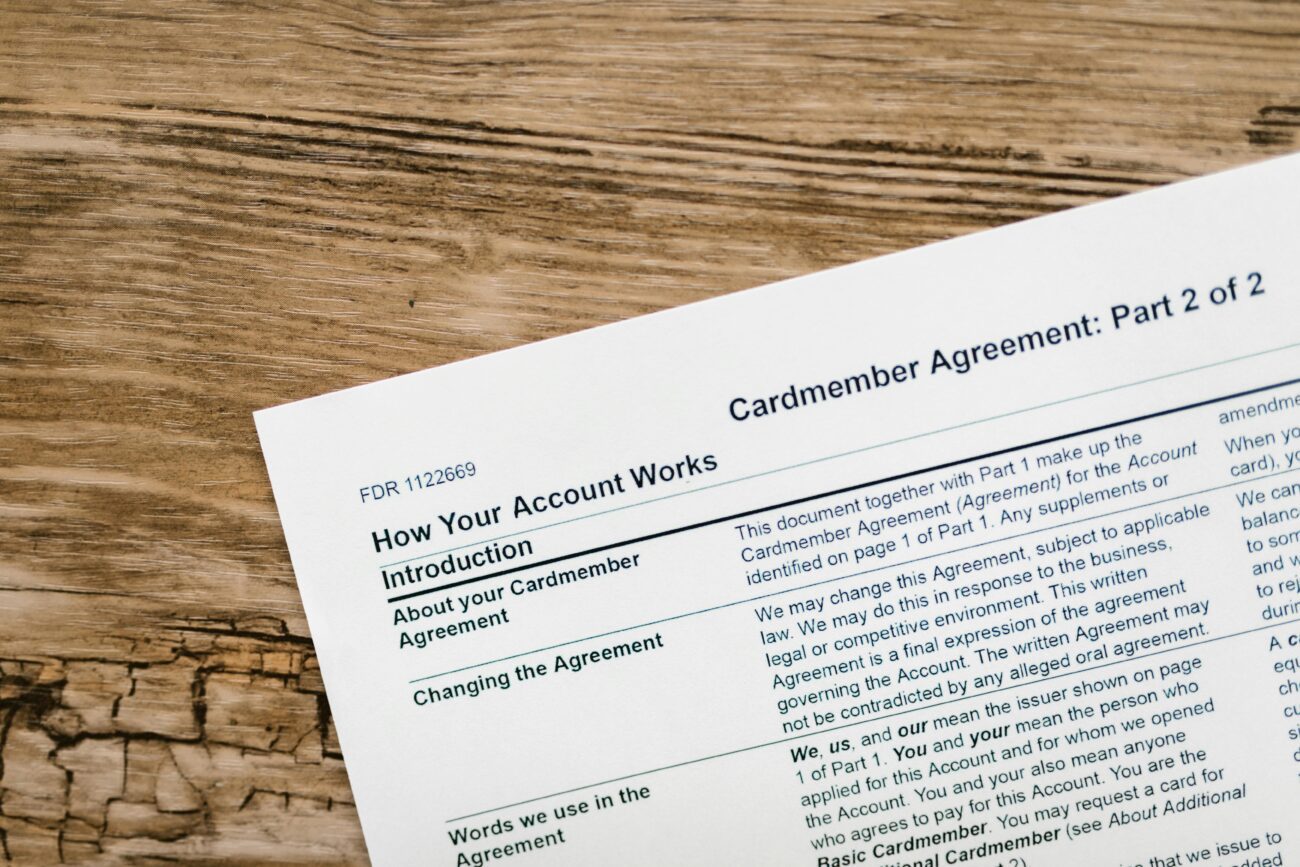Car accidents can lead to unexpected medical expenses, leaving many to wonder about the role of health insurance in covering these costs. If you’ve been in an accident, understanding your health coverage is crucial for managing your recovery effectively.
Understanding Health Insurance and Car Accidents
Health insurance plans can vary significantly, and their coverage of car accident injuries often depends on several factors. This section breaks down the essentials.
What Health Insurance Typically Covers
- Emergency Room Visits: Most health insurance plans will cover emergency care if you are injured in a car accident.
- Hospitalization: If your injuries are severe and require hospitalization, your health insurance may help cover those costs.
- Rehabilitation and Therapy: Coverage for physical therapy or rehabilitation services is often included, but check your specific plan.
What It Might Not Cover
- Auto Liability Claims: Health insurance may not cover damages if the accident was deemed the fault of another party. In this case, their liability insurance should cover your medical bills.
- Deductibles and Co-Pays: While medical costs may be covered, you may still be responsible for your plan’s deductible and any co-payments.
- Non-Traditional Treatments: Treatments like chiropractic care or acupuncture may not be covered unless specified in your policy.
How to Navigate Your Coverage After an Accident
After a car accident, there are several steps you should take regarding your health coverage:
- Seek Immediate Medical Attention: Prioritize your health and get treatment right away, even if injuries seem minor.
- Document Your Injuries: Keep thorough records of all medical visits and treatments received.
- Contact Your Insurer: Notify your health insurance provider about the accident and ask specific questions relevant to your coverage.
- Consult a Legal Expert: If needed, consult an attorney about compensating for medical expenses through the other party’s insurance.
Using Different Types of Insurance
In many cases, your own vehicle insurance may also provide coverage for medical expenses through Personal Injury Protection (PIP) or Medical Payments Coverage (MedPay), depending on your policy. Here’s how:
Personal Injury Protection (PIP)
PIP can cover many expenses that health insurance does, but with less hassle related to deductibles. Review your policy to see if this is an option for you.
Medical Payments Coverage (MedPay)
Like PIP, MedPay helps cover medical expenses in an accident, regardless of who was at fault. This coverage can help minimize out-of-pocket costs.
When to Seek Legal Advice
If you are facing significant medical bills or experiencing difficulty with your insurance claim, consulting with a legal professional specializing in personal injury may be beneficial.
Conclusion and Key Takeaways
Understanding your health insurance coverage after a car accident can save you from unexpected financial burdens. Always review your policy for specifics related to accident injuries, and don’t hesitate to seek help if you run into complications. If you haven’t yet, consider reaching out to your health provider and insurance company to clarify your coverage options.
If you find yourself overwhelmed or unsure about your next steps, consider contacting a professional who can help guide you through the process efficiently. Remember, your health is the priority, and proper coverage can make all the difference!
